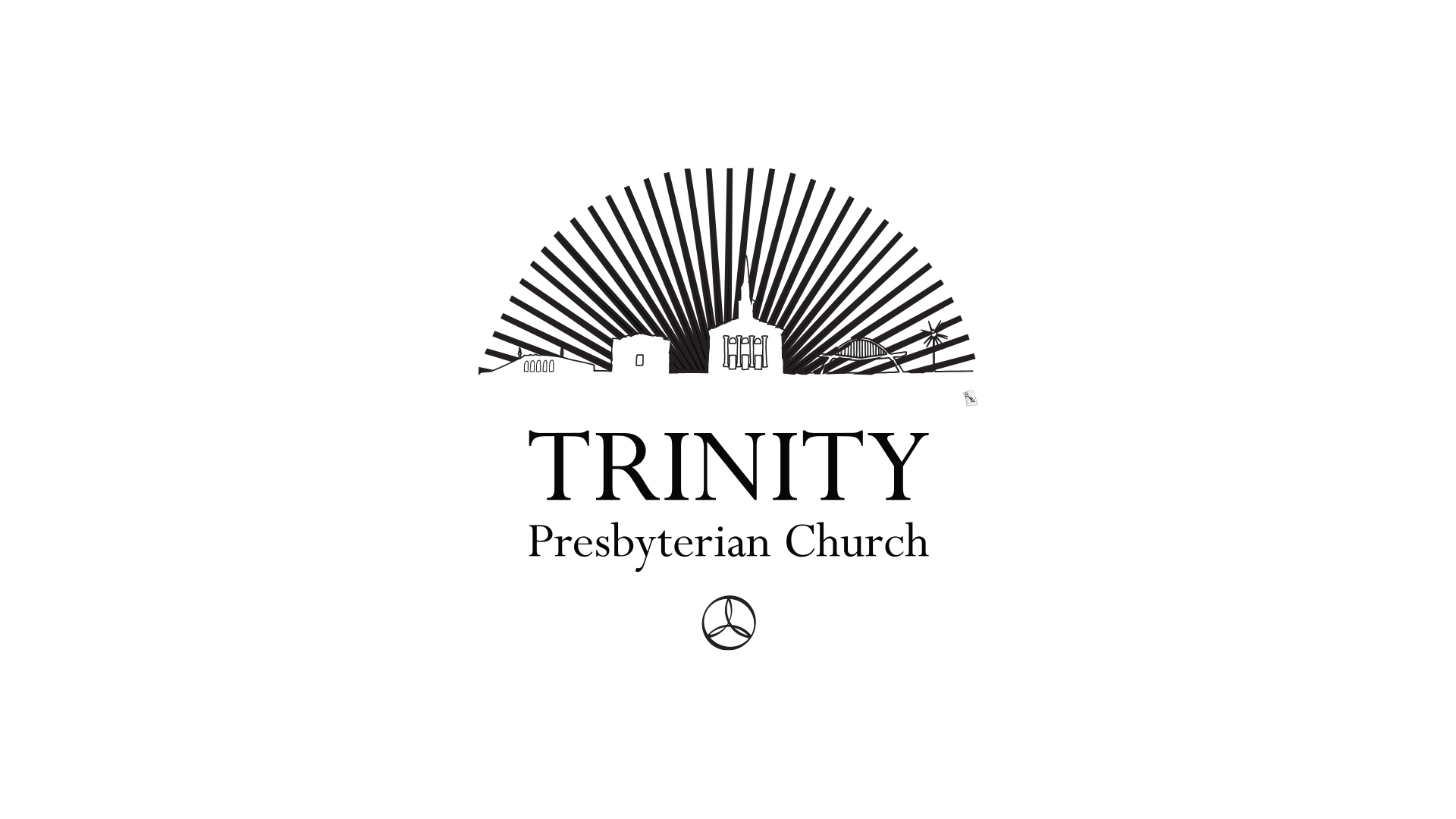Faithful Innovation, Part 2

If you read my email last week, this is a sort of part two to a clumsy start. I said that in content, we want to remain faithful, and in strategies, we want to be as creative as we possibly can be as long as we remain true to God’s Word. And don’t forget the Apostle Paul’s courage and creativity described in 1 Corinthians 9 to “become all things to all people, that by all means [he] might save some.”
If you were apprehensive about my suggestions to innovate, maybe it will help if I start with the places or beliefs and behaviors that should not change. We should remain faithful by:
- Being people of God’s Word
- Remaining diligent and committed in prayer
- Living always in community vs. isolation or individualism
- Living every day in worship and consecrating one day in seven to corporate worship
- Doing all things with generosity
- Joyfully showing hospitality both to fellow believers and those who do not yet believe
- And retaining joyful hope vs. the cynicism or despair of this world
But this list still leaves unanswered where we need to work creatively to meet real needs of the real people who are part of our ministry. A friend called it the work to faithfully innovate. So what can we clearly identify? I believe we need to innovate at least by these 4 considerations:
1) Heightening our emphasis on relationships and relationship building. People in our culture are drowning in an ocean of voices. Data is available everywhere. Yet who cares enough about someone that their voice is trusted because their relationship has proven real? Real love always makes an impact.
2) Shifting much ministry out of the church building and into homes and businesses. We need to recover the enduring reality that the “church” is the people and not primarily a building or institution. What the Bible calls the church is actually God’s family, God’s people, even Christ’s bride. And as Jesus promised, “Where 2 or 3 are gathered in my Name, there I am in their midst.” So let’s recapture that distinctive as a people loved and redeemed by Jesus. Going along with this then means that small group meetings (yes, plural) will be vastly more significant than Sunday.
3) Recovering the church’s historic leadership in care for the marginalized. If you survey church history across the globe, an undeniable trend is that where people come to faith in Jesus, love for the weak, the poor, the ugly, the helpless increases. Hospitals were a Christian invention. Care for abandoned children (by adoption or orphanages) was a Christian distinctive. And schools to educate the disadvantaged were a Christian (yes) innovation. I think you’d agree that reputation has been squandered in our culture. But by recovering courage and mercy, what could we accomplish?
4) Resigning ourselves to our cultural moment that we are no longer a majority. Majorities that get eclipsed in other social or political movements often end up just bitter and pathetic. But Jesus promised us that we would be hated by the world as the world had hated Him. And if Christendom was a dream to many, its legacy is a nightmare. Instead of breeding generations of faith-filled loving saints, our culture is full of so many who claim to “believe the Bible” or “believe in God” and then live full of entitled or hateful anger. How innovative would it be if we did what ancient believers had to do? Knowing they were profoundly outnumbered, they had to think like guerrillas. And like almost every guerrilla movement in history, vs. the large standing armies across the world, by faithful endurance and courage, they carried the day.
More in Announcements
April 18, 2024
I know this seems really odd, but ...April 5, 2024
How do you feel about seeking something that's lost?March 14, 2024
Continuity and Change